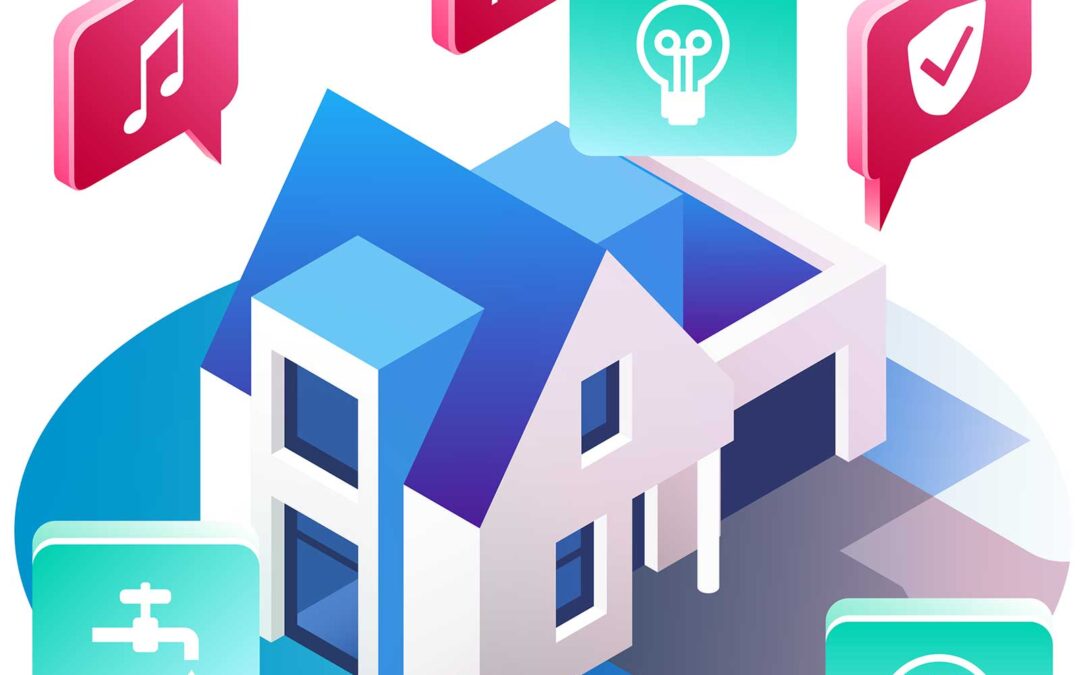Artificial intelligence (AI) has rapidly advanced in recent years, leading to the development of various technologies that have revolutionized the way we live our lives. One of the most significant areas of advancement has been in home technology, which has evolved from simple home automation to highly sophisticated and intelligent systems that can adapt to individual needs to make our lives easier… better.
The integration of AI technology in the home has led to the development of smart homes that are equipped with intelligent devices and systems. These devices are capable of learning and adapting to user behavior, making them more efficient and convenient than traditional home appliances. They can be controlled remotely through smartphones or voice commands, enabling homeowners to monitor and control their homes from anywhere in the world. With the adoption of Amazon’s Alexa and Google Voice in so many homes, these technologies are advancing rapidly.
One of the most notable advances in home technology is the development of smart thermostats. These devices use AI to learn the temperature preferences of individual users and adjust the temperature of the home accordingly. This not only makes the home more comfortable but also saves energy and reduces heating and cooling costs. Some smart thermostats can even be controlled through voice commands, making them even more convenient to use.
Another significant development in home technology is the integration of AI-powered security systems. These systems use advanced algorithms and machine learning to detect and prevent intrusions and other security breaches. They can also learn and adapt to user behavior, making them more effective at detecting anomalies and suspicious activity.
The use of AI in home technology has also led to the development of smart lighting systems. These systems use sensors and AI to automatically adjust the lighting in a room based on the time of day, the amount of natural light, and the activities taking place in the room. They can also be controlled remotely through smartphones or voice commands, making them more convenient to use.
Smart home entertainment systems have also become more sophisticated with the integration of AI technology. These systems can learn and adapt to user behavior, recommending movies, music, and TV shows based on user preferences. They can also be controlled through voice commands, making them more convenient to use.
The advancements in AI technology have also led to the development of smart appliances that are more efficient and convenient to use. For example, smart refrigerators can monitor the contents of the fridge and automatically order groceries when supplies run low. They can also adjust the temperature of the fridge based on the contents, saving energy and reducing food waste.
AI has significantly impacted the development of home technology, leading to the creation of smart homes that are more efficient, convenient, and comfortable. These advancements have not only made our lives easier but also helped to reduce energy consumption and promote sustainability. As AI technology continues to evolve, we can expect even more sophisticated and intelligent home technology to emerge, further improving the way we live our lives.

